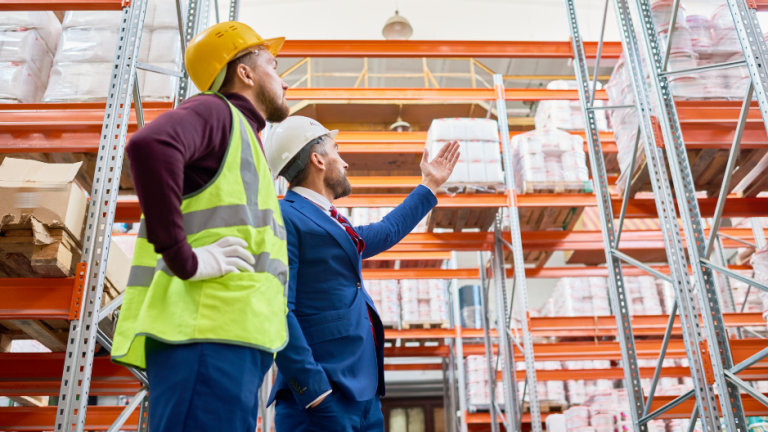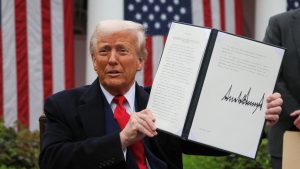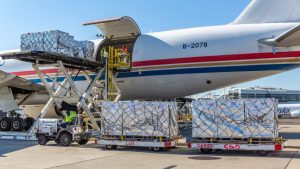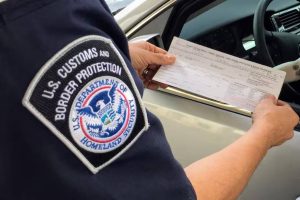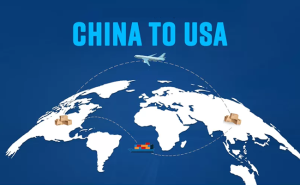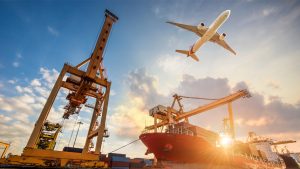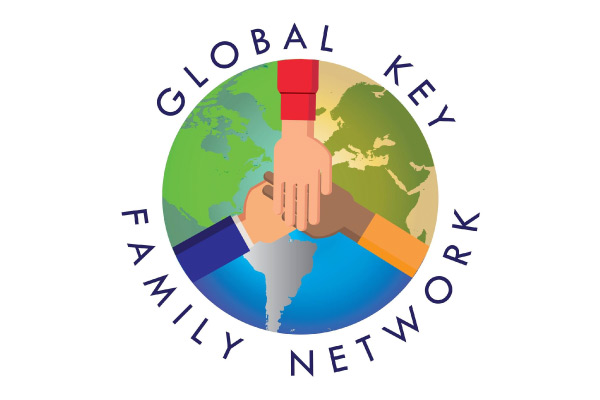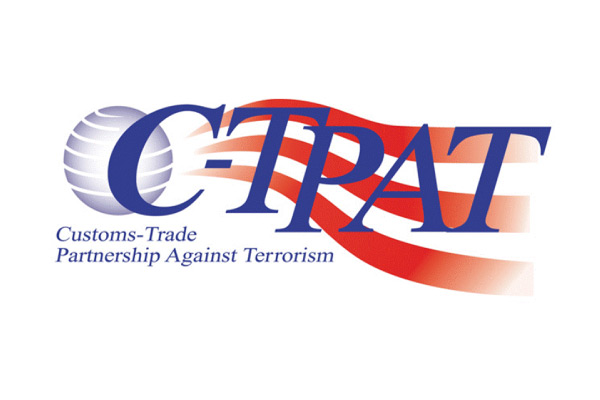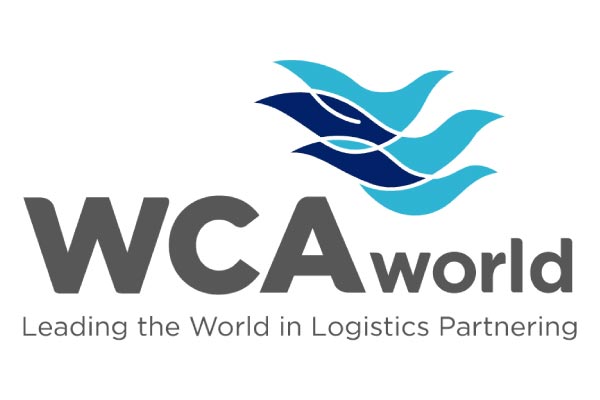Customs administration is a key process in international logistics.
Customs administration is not only about ensuring the correct movement of goods across borders; Currently, it represents one of the essential pillars for logistics efficiency in the field of international and electronic commerce.
Furthermore, with increasing globalization and the rise of online commerce, effective customs management has become a differentiating element for successful trade operations.
Customs administration is the set of procedures and procedures carried out for the import and export of goods.
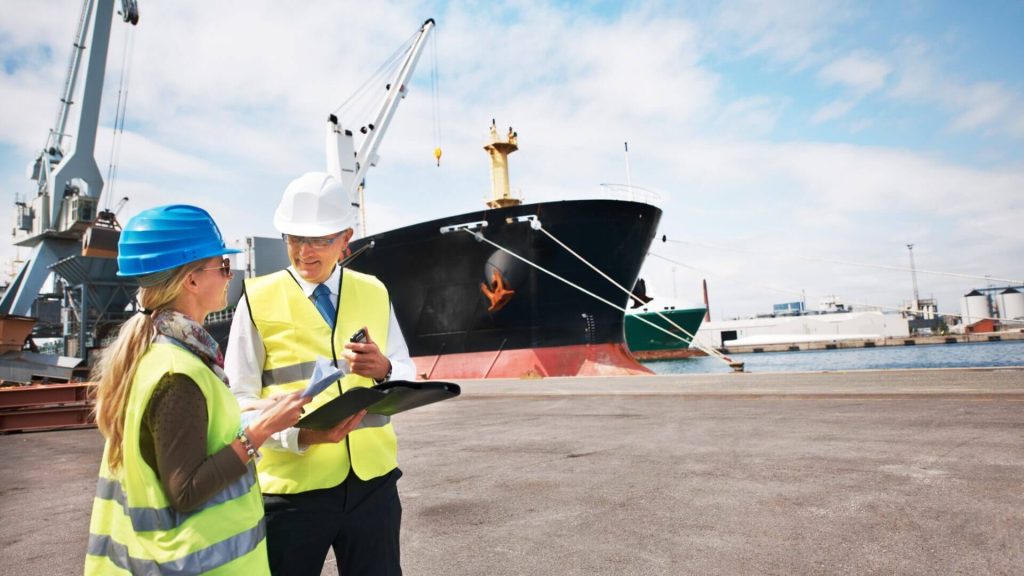
This process is regulated by the customs authorities of each country, and aims to guarantee compliance with current laws and regulations. It is a complex and expensive process that can have a significant impact on international logistics.
Better practices
Proper Customs administration can help companies reduce costs, improve efficiency and streamline import and export processes.
For this reason, there are a series of best practices that companies can implement to improve customs management and optimize international logistics.
- Electronic processing
- System integration
- Cooperation with customs agents
- Technology adoption
- Continuous training
- Proactive compliance
- Classification Strategies: Having a robust system for classification of goods ensures that the correct duties and taxes are applied, avoiding delays and potential penalties.
Companies seeking to compete globally must understand and adapt to the customs regulations and processes of multiple jurisdictions.

